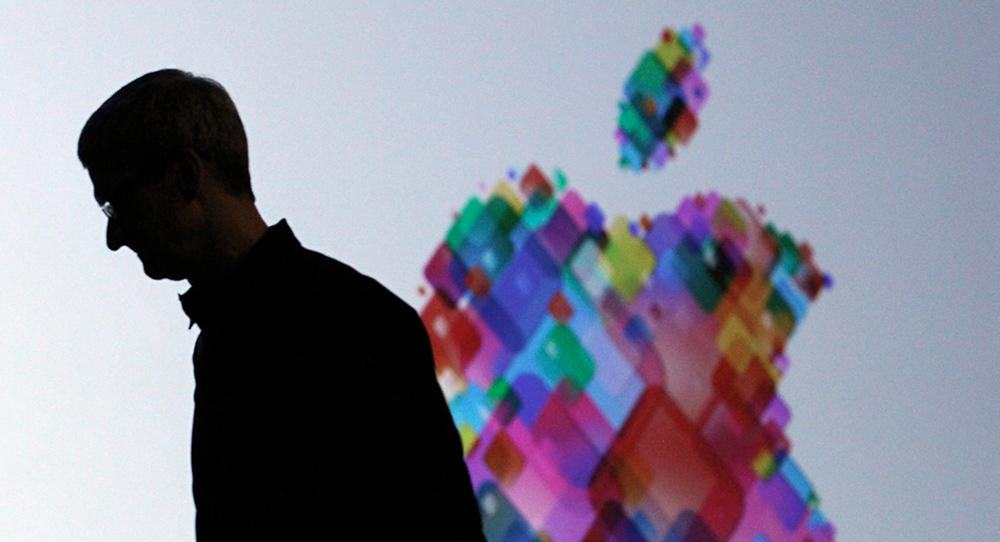A mobile phone company became the leading brand in the world with shocking speed, electrified by the leadership of a charismatic, ruthless CEO. After that CEO stepped down, the company still continued going strong, dominating smartphone sales and refining its products. But the new CEO lacked true vision and revenue growth started showing worrisome signs of stalling. Pressured by Wall Street, the gray and cautious new CEO suddenly made the dramatic decision of spending billions of dollars to acquire a hot new company, breaking the giant’s tradition of avoiding major acquisitions. This new acquisition happened after a long rise on the Nasdaq, and the company ended up paying a stiff premium.
That mobile phone company was Nokia, of course.
Not Nokia the laughing stock, but the rampant Nokia of 2007. The behemoth that held more than 60% of the global smartphone market and delivered stunning 22% operating margins in its handset unit. Yet despite its awesome profitability and market share dominance in 2007, the rot was already setting in. Nokia’s $8 billion acquisition of Navteq in the autumn of 2007 was the grand folly that marked the start of a long and painful decline.
Almost nobody realized it in the autumn of 2007. Nokia’s brand strength was so remarkable, its distribution power and profitability so unassailable. Nobody rings the bell at the top. It took literally years before most highly paid Wall Street professionals realized that Nokia was sailing merrily off the map, into the deep blue oblivion.
Apple’s rumored upcoming $3 billion acquisition of Beats is not as insane as Nokia’s Navteq purchase was. But some similarities are striking. Neither company had any history of major acquisitions before the big plunge. Corporations that grow organically often do not have the skills to absorb and utilize substantial new purchases.
In both cases, there is a whiff of panic.
Nokia saw the iPhone suddenly arriving at AT&T and causing a media sensation. Nokia knew it did not have a mobile operating system that could handle touch screen functionality gracefully. Instead of addressing this key problem, Nokia pivoted and decided to go big on navigation software.
Apple knows it may not have any way of bringing back revenue growth in its tablet division, besieged by budget vendors. The company is staring at long-term smartphone market share losses and low, if not nil sales growth. Apple understands that iTunes is a mess and consumers are fascinated by streaming sensations like Spotify and Pandora.
Instead of fixing iTunes or addressing its tablet crisis directly, Apple is apparently taking the Nokia road. Buying Beats and hoping it will divert attention from its core challenges.
Of course, literally nobody at Apple can entertain the notion that the company in any way resembles Nokia. Just like the proud yet suddenly insecure Nokia of 2007 was completely unable to assess its own situation realistically. The sheer power trip of becoming the world’s top phone vendor corrupts and destroys the critical faculties of all companies that sip from the poisoned chalice — Motorola, Ericsson (for one heady quarter in 1997), Nokia… and perhaps the biggest one of them all.




